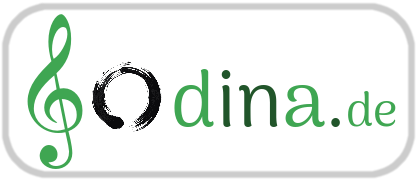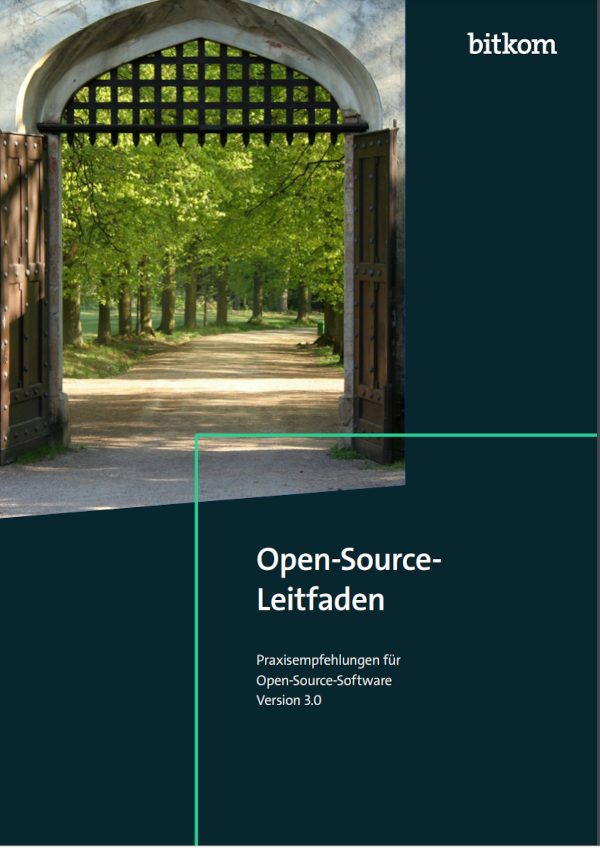← Musescore 3 under Ubuntu 22.04 – without scratching noises | ‘Unsplash’ and the Freedom of Use →
The Bitkom Open Source Guide 3.0: A Comprehensive Upgrade
For 6 years, the Bitkom Open Source Guide 2.0 was a welcome first point of contact for German companies regarding the appropriate use of open-source software. It was a stimulating source and benchmark at the same time. But like everything else in the world, it has aged over time. Thus, it’s good to know that Bitkom and its ‘Open Source’ working group have taken up the topic again. In June 2022, there was officially released an expanded and refined Bitkom Open Source Guide 3.0, – again intended to be a manual and a benchmark for companies
The one amazing thing is that with this guide, Bitkom has published a ‘handout’ under a (kind of) open source license for the first time, that is to say: under a Creative Commons license (CC BY-ND 3.0 DE). Apparently, the idea of a freely accessible service is also coming to the fore at Bitkom. That gives his voice even more weight. But it is understandable that Bitkom does not allow third-parties to modify the work (ND = Non Derivation). It wants tp preserve the gained quality and reliability. However, any other type of use by third parties is expressly permitted and even encouraged, including commercial use. And in the not too distant future, Bitkom will certainly bring itself to make the sources generally accessible, not just in a ‘closed’ GitHub organization.
The second astonishing thing is related to this. Bitkom has allowed its authors to organize themselves via and with GitHub. Anyone could take part. Anyone could become a member of the organization and thus access the GitHub repository containing the (partial) results. Bitkom has – again, for the first time and successfully – developed a book using the methods of open source software development. The chapters of the Bitkom open-source guide were written in Markdown, checked into the repository as snippets, and combined as a complete work via incidents and pull requests, although by no means all authors were familiar with GitHub from the beginning. This fact also points beyond itself: Git, GitHub or GitLab can significantly simplify (cross-company) cooperation and collaboration.
And the third amazing thing is the transformation of the content. While the release 2.0 still focused on the legal aspects of use, the new Bitkom Open Source Guide 3.0 is much more comprehensive and balanced: It discusses both, the benefits of FOSS and its development process. It analyzes the integration into business models and corporate strategies, explains open source compliance, and considers the FOSS history – each on almost the same number of pages. The other aspects of FOSS are no longer an appendage of compliance, but the prerequisites for successful use of open-source software are taken into account in a balanced way, without reducing the topic ‘license compliance’. And each section, with only 10-20 pages, can easily be used to get a quick overview.
What does this mean for companies? Well, apart from the fact that the guideline is written in German, not in English, they now have another guideline that has been reviewed several times by external experts and that is therefore reliable.

